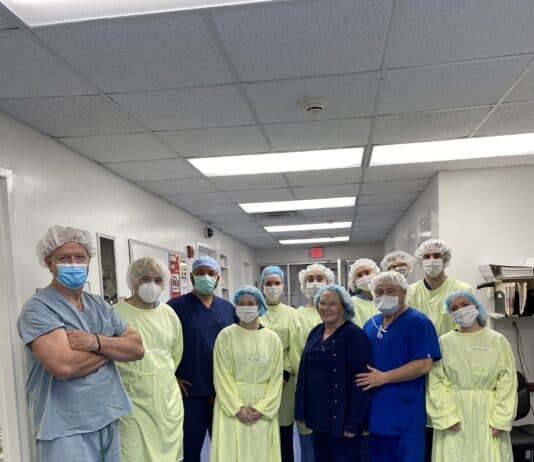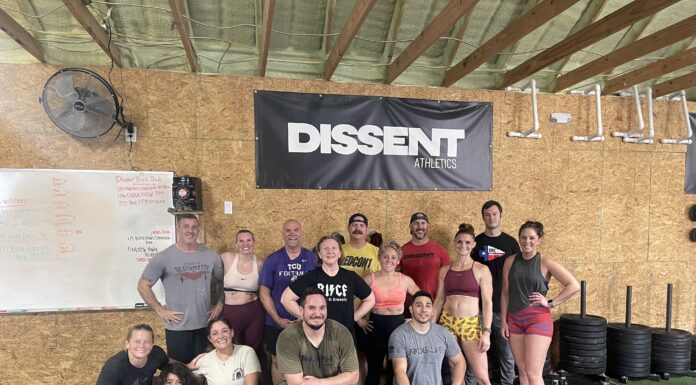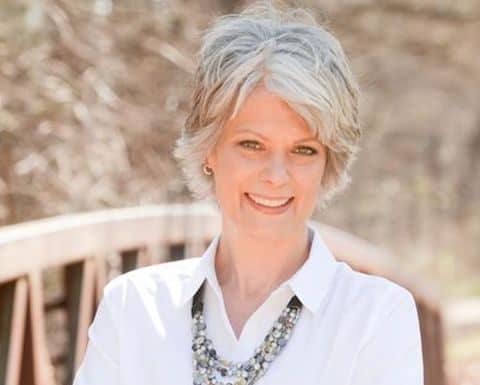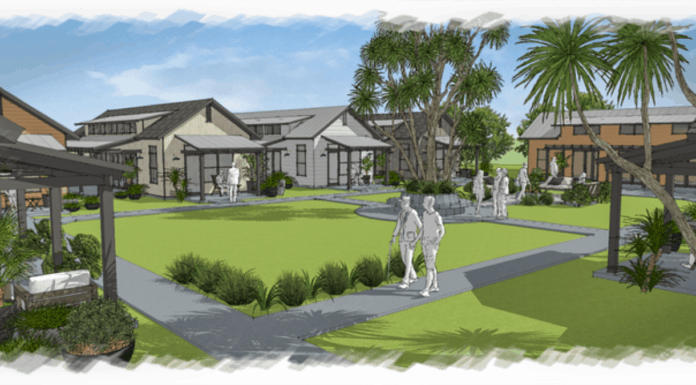This Weeks Notes ~ December 5, 2021
This Gospel begins not with the Baptist’s calling for repentance, but with a long and detailed list of rulers.
Luke’s litany of imperial, regional, and religious authorities dates John’s ministry to 28 or 29 CE. It contrasts human kingdoms with God’s reign. God’s people owe allegiance first and foremost to God. And it is God’s word that sets John’s ministry in motion. John has been commissioned to prepare the way not for lord Caesar or any earthly lordling, but for the one true Lord.

Like Moses, and the prophetic voice in Isaiah 40, John challenges God’s people to see the wilderness as a place not of desolation, but of hope. God is calling them to leave their captors behind and head home through the wilderness. God is calling them, to join an exodus out of slavery into God’s promised fresh start. John preaches that the first step on this journey toward freedom is a baptism of repentance. (read Luke 9:31)
John’s hearers were aware of two kinds of baptism: the baptism by which Gentile converts became Jews and so embarked on a whole new way of life; and the ritual washings that the Qumran community understood as cleansing them, but only if they turned from their sins and obeyed God. Both of these types called for changed behavior. John’s baptism of repentance does too. Repentance is not mere regret for past misdeeds. It means more than saying, “I’m sorry. Please forgive me.” Repentance means a change of mind and heart, the kind of inner transformation that bears visible fruit. When the crowds ask John what they need to do, John will spell out the sorts of fruit God expects to see (read Luke 3:10–14).
John proclaims a baptism of repentance that leads to release from sins. Release is the same word that Jesus uses to describe his mission: “The Spirit of the Lord is upon me, because he has anointed me … to proclaim release to the captives and … to let the oppressed go free … ” The release or forgiveness that follows repentance does not undo past sins, but it does unbind people from them. It opens the way for a life lived in God’s service. By proclaiming this release, John fulfills his father’s prophecy: “you, child, … will go before the Lord to prepare his ways, to give knowledge of salvation to his people by the forgiveness of their sins”. This salvation looks like a new dawn for those trapped in darkness and death’s shadow. It is light that reveals a new path, the way toward peace (Luke 1:77–79).
Preparing the Lord’s path toward peace requires overturning the world as we know it. Paths that seem satisfactory to us are not good enough for God. John calls us to let God’s bulldozers reshape the world’s social systems and the the way we think in our own minds and hearts. God’s ways are not our ways.
God’s ways lead to salvation. God’s glory will be revealed in Jesus, the judge who comes to save us. This is the “Good News” that John proclaims, and it is good news not just for us as Christians, but for the whole world. All flesh will see God’s salvation. This is God’s promise, and our hope. Bring on the tractors, mulchers and bulldozers. Let’s prepare the way.
Join us tomorrow as we examine Luke 3:1-6
“I don’t know how, but I know WHO!”
Grace and Peace, Pastor Nelda
Dr. Nelda Barrett Murraine is pastor at First United Methodist Church – PO Box 146 – 229 W 4th St. – Kennedale, TX 76060
Follow us on Facebook







































Comments are closed.